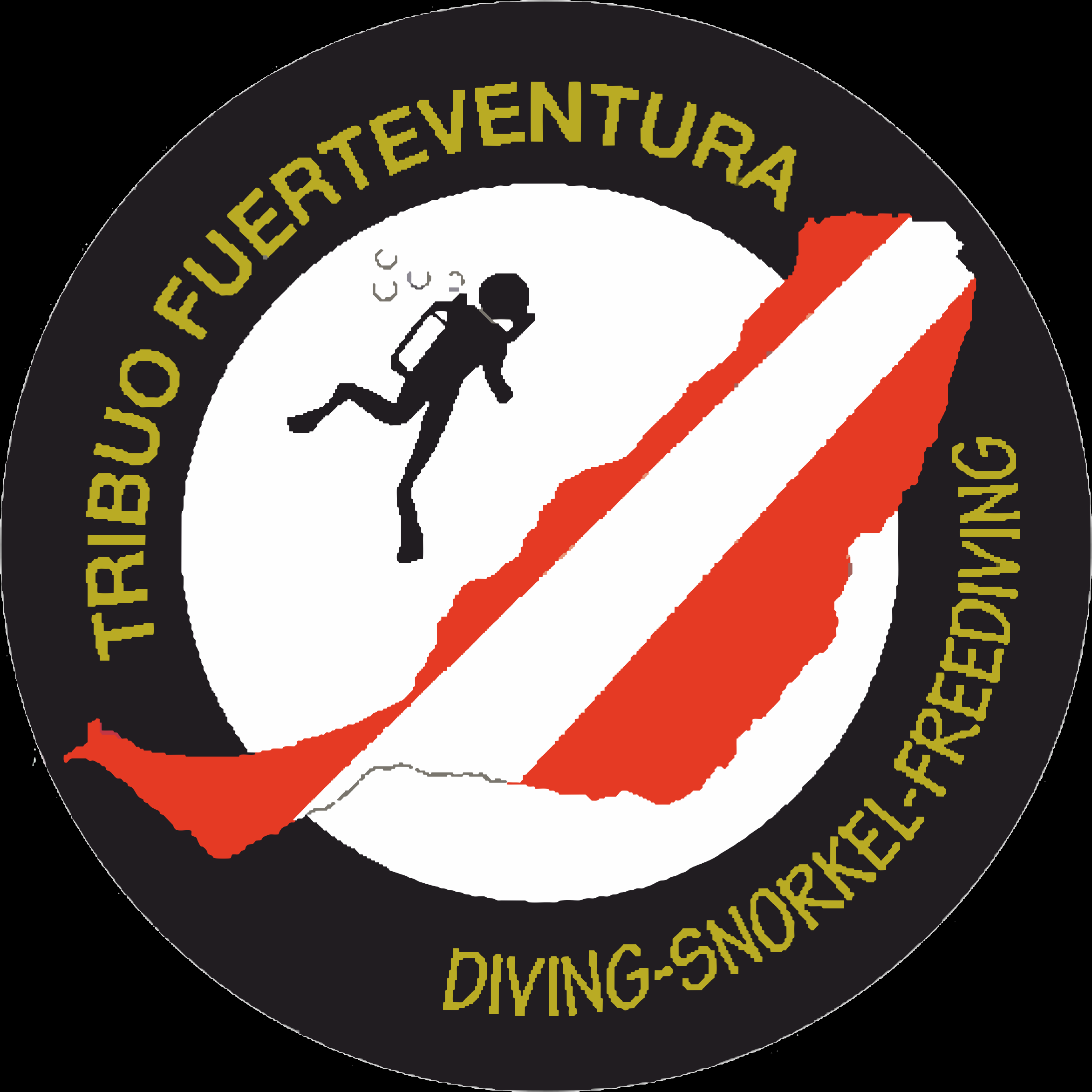10 QUESTIONS ABOUT DIVING
1. Can you breathe underwater without an oxygen tank?
While advanced equipment like rebreathers allows for longer dives, you still need an oxygen supply. However, some marine creatures have developed surprising methods to obtain oxygen without surfacing.
2. Is it true that sharks don’t attack divers?
Although sharks are impressive predators, attacks on divers are extremely rare. Most shark species are curious but not aggressive toward humans.
3. What does it feel like to see a shipwreck for the first time?
Exploring a shipwreck is like traveling through time. The mix of history, mystery, and natural beauty is incomparable. Each diver has their own experience, but it is commonly described as exciting and awe-inspiring.
4. Can you dive during your menstrual period?
Yes, it is completely safe to dive during your period. There is no evidence that it attracts sharks or causes medical issues. Using tampons or menstrual cups can help you feel more comfortable.
5. What is the maximum depth a recreational diver can reach?
According to PADI certification, the maximum depth for recreational diving is 40 meters (130 feet). Deeper dives require additional technical training.
6. Is it true that diving can help with mental health?
Yes, many studies have shown that diving can reduce stress and anxiety, improve emotional well-being, and provide a sense of calm and focus.
7. Can you talk underwater?
While you can\'t talk in the traditional sense, divers use underwater hand signals to communicate. Some advanced equipment allows sound transmission, but it is still rare and expensive.
8. What happens if you need to sneeze underwater?
Sneezing underwater is uncomfortable but not dangerous. Simply sneeze into your regulator. It might sound funny, but your equipment is designed to handle it.
9. Can you dive if you can\'t swim?
Swimming is an important skill for diving as you need to be comfortable in the water and handle emergencies. However, there are introductory programs where you can learn the basics under strict supervision.
10. Is diving dangerous?
Like any activity, diving has risks, but with proper training, maintained equipment, and adherence to safety rules, it is an extremely safe and rewarding activity.
While advanced equipment like rebreathers allows for longer dives, you still need an oxygen supply. However, some marine creatures have developed surprising methods to obtain oxygen without surfacing.
2. Is it true that sharks don’t attack divers?
Although sharks are impressive predators, attacks on divers are extremely rare. Most shark species are curious but not aggressive toward humans.
3. What does it feel like to see a shipwreck for the first time?
Exploring a shipwreck is like traveling through time. The mix of history, mystery, and natural beauty is incomparable. Each diver has their own experience, but it is commonly described as exciting and awe-inspiring.
4. Can you dive during your menstrual period?
Yes, it is completely safe to dive during your period. There is no evidence that it attracts sharks or causes medical issues. Using tampons or menstrual cups can help you feel more comfortable.
5. What is the maximum depth a recreational diver can reach?
According to PADI certification, the maximum depth for recreational diving is 40 meters (130 feet). Deeper dives require additional technical training.
6. Is it true that diving can help with mental health?
Yes, many studies have shown that diving can reduce stress and anxiety, improve emotional well-being, and provide a sense of calm and focus.
7. Can you talk underwater?
While you can\'t talk in the traditional sense, divers use underwater hand signals to communicate. Some advanced equipment allows sound transmission, but it is still rare and expensive.
8. What happens if you need to sneeze underwater?
Sneezing underwater is uncomfortable but not dangerous. Simply sneeze into your regulator. It might sound funny, but your equipment is designed to handle it.
9. Can you dive if you can\'t swim?
Swimming is an important skill for diving as you need to be comfortable in the water and handle emergencies. However, there are introductory programs where you can learn the basics under strict supervision.
10. Is diving dangerous?
Like any activity, diving has risks, but with proper training, maintained equipment, and adherence to safety rules, it is an extremely safe and rewarding activity.
